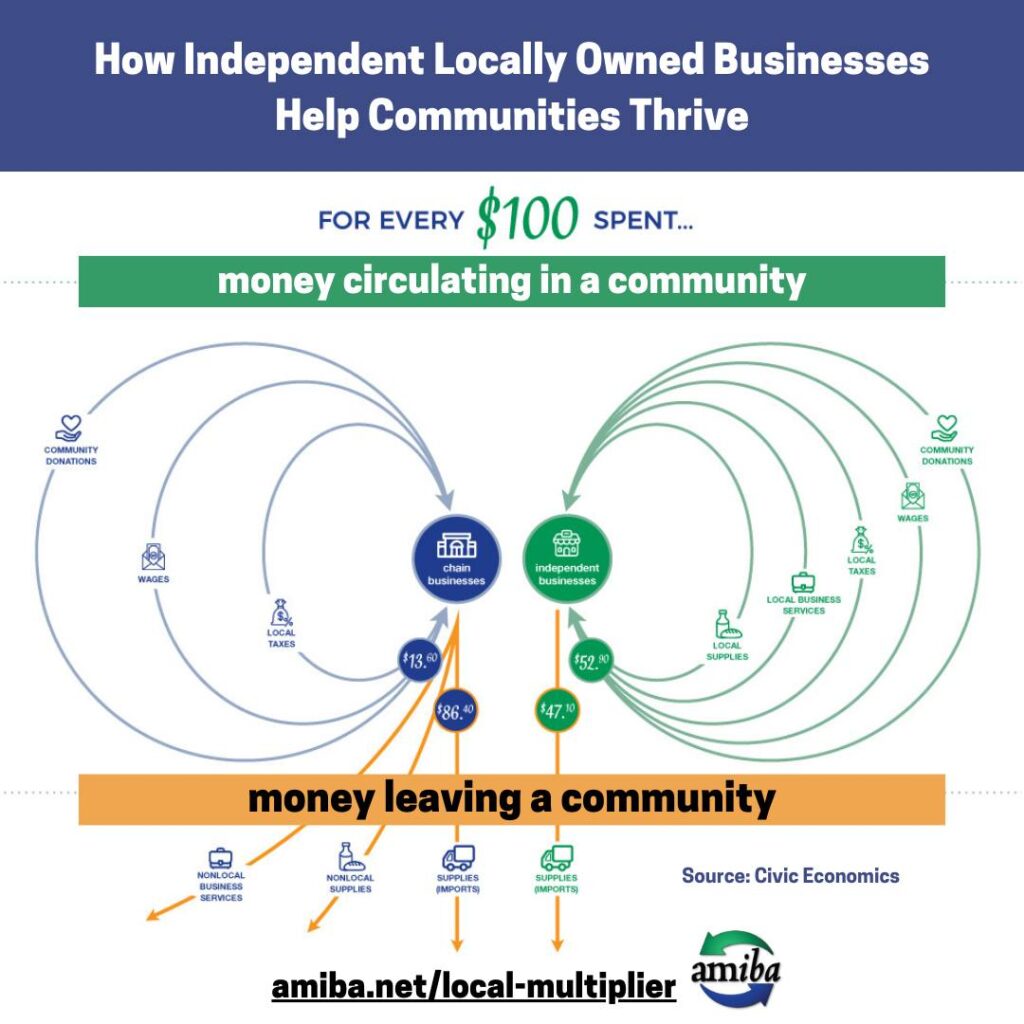In yesterday’s post we talked about why it makes sense to bring a cohort, or a group, of local leaders to the Building Equity Virtual Conference. To which your response might be
Great, I get them to attend. Yay. How do we actually use that to make our Local Economy better?
Here’s a potential plan of action to get you started. Of course, you know your community better than most, so please adapt this to fit your community. And use the comments to tell us what you would do differently!
- Hold a get-together ahead of time. For many of you, this will need to be another Zoom meeting, but you may also be able to find a socially-distanced, in-person alternative. The point of this get together is two fold: (a) to build relationship and collaboration among the leaders, especially if you are including minority or faith leaders who aren’t always part of these discussions, and (b) to develop a mutual understanding of the challenges and issues each organization is trying to solve (one of the best places to start building any collaboration).This isn’t necessarily the meeting where you want to start making plans for future programs. Instead, you might discuss questions like these – don’t try to solve everything right now, but use this conversation to help you understand each other and what you might need to collaborate successfully:
- What are the primary issues you or your organization are focused on today? How do you see the condition of our local economy helping or hurting that?
- When you looked at my invitation to participate and reviewed the schedule and the speakers, what attracted you? What are you looking forward to during those two afternoons?
- What does a Resilient Local Economy look like to you, your organization, the people you serve?
- Which of our organizations have collaborated in the past– or not? What worked or didn’t work about those past experiences? How might we collaborate in a different way now?
- Create a shared Google Doc, group text, or other way of sharing comments in real time during and after the sessions. One of the biggest benefits of attending a conventional conference with a group of community peers is that you can get together and share ideas while the experiences are still fresh in your minds, so take advatage of technology to do the same here. Encourage everyone who attends to share their reactions, their good ideas, their questions and more, just the same as they would share them in a Zoom meeting’s chat function. That way, you will not only have a shared record of what people thought, but you’ll also capture some good ideas to work on after the conference.
- Hold a Debrief and Decide meeting within the week after the conference. One downside of conferences is that we may get excited and energized by the great ideas we discover during a conference, but then we get back to the office and all of those innovations get shelved as we deal with all the work that piled up while we were gone.While we don’t get the benefits of unplugging the way we might at a distant conference location, we can also avoid that re-entry crunch — and that lets us concentrate on putting what we have learned to work. You can use this meeting to do two important things that we often overlook:
- Debrief – share what what you learned, reconnect with the things that excited you, and learn more about how your colleagues perceived the experience. It might also be a good time to review the shared document that you used during the conference and look for themes, common issues, or areas of strong agreement that came up in the moment.
- Make sure that you use some time to Decide on your next steps. If you don’t have a deep history of collaborating, as indivuduals and as organizations, you may not want to try to launch a big initiative or a complex strategic planning right at this moment. Instead, try to identify something manageable but impactful that you can do in the short term, both to put your intents into action and to continue to build those relationships. For example, you might decide together to work on a Shop Indie Local initiative for this holiday season to help drive local sales, or publicize the Local Economy Multiplier to raise awareness of how much independent businesses impact your community. Whatever you decide to do, make sure you have the financial and personnel support to do it well, and make sure each member of the cohort has an important role to play that fits their strengths.
What do you think? How would you improve these recommendations — or what else would you recommend? Let us know in the comments, and we’ll do a follow-up post sharing your insights!
Don’t forget to register your cohort for the Building Equity Virtual Conference here — and contact us if you have any questions.
Looking forward to seeing you and your team on October 8 & 9!

